
Since 1982, the Commonwealth of Massachusetts has had a deposit on certain types of jars, cartons, bottles and cans that require they be returnable with a minimum value of 5 cents. This legislation, responsible for the bottle-and-can return machines and centers common in grocery stores and shopping centers everywhere, was written with the purpose of increasing the rate at which these containers are recycled. Known as the Massachusetts Bottle Bill, this law has been an overwhelming success. The Bottle Bill has kept billions of recyclable containers from being needlessly thrown into landfills and incinerators – as of today, 80 percent of all bottles, cans and other containers are recycled instead of buried or burned.
However, there exist some very large holes in the law, which, passed over 30 years ago, was not created with many modern containers in mind. This means that a vast number of newer containers, including iced teas, water, energy and sport drinks, are not covered under the law, and thus are far less likely to be recycled – only 20 percent of these non-deposit containers are recycled, while the majority languish in overfull landfills. The stark disparity in recycling rates between containers covered and not covered by the Bottle Bill clearly demonstrates that it is extremely effective in increasing recycling rates.
In December 2013, a Massachusetts initiative petition relating to the Bottle Bill officially qualified for the ballot with far more than the required number of signatures. It would expand the Bottle Bill to cover these newer containers, drastically reducing the rate at which recyclable containers are thrown away and saving municipalities between $4.2 and $6.9 million in disposal costs. In addition, implementation would be incredibly easy. Not only does the infrastructure needed to handle the higher volume of returned bottles already exist, but the law would have no effect upon consumer choice and would not have a “discernible effect” upon the retail price of beverages, according to the Massachusetts Department of Environmental Protection. Also, unclaimed deposits, which are presently added to the Commonwealth General Fund, would instead be allocated specifically to environmental and recycling programs.
Spearheaded by MASSPIRG and its many coalition partners, which include the League of Women Voters, Mass Municipal Association, Zoo New England, the Sierra Club, Mass Audubon and the South Shore Recycling Cooperative, this initiative is supported by 77 percent, of Massachusetts voters, according to a recent survey.
However, the bottling industry, which has fought the current Bottle Bill for its entire existence, has recently ramped up its efforts to fight against what to any reasonable observer is an efficient, low-cost method to eliminate the waste of recyclable bottles. These efforts are what have prevented the expansion of the Bottle Bill in the past, despite its very high popularity among the people of Massachusetts.
It is at this critical moment that the Bottle Bill, and indeed the entire recycling industry in the Commonwealth of Massachusetts, needs support more than ever. While the Bottle Bill expansion may have qualified for the ballot, it is not a done deal – already its opponents have proposed legislation to repeal the law in its entirety. By signing petitions, contacting your state representatives and senators and voting in November, you too can help make the improved Bottle Bill a reality and ensure that billions of cartons, bottles and cans per year are recycled, rather than thrown away.
Stefan Herlitz is a Collegian columnist and can be reached at [email protected].













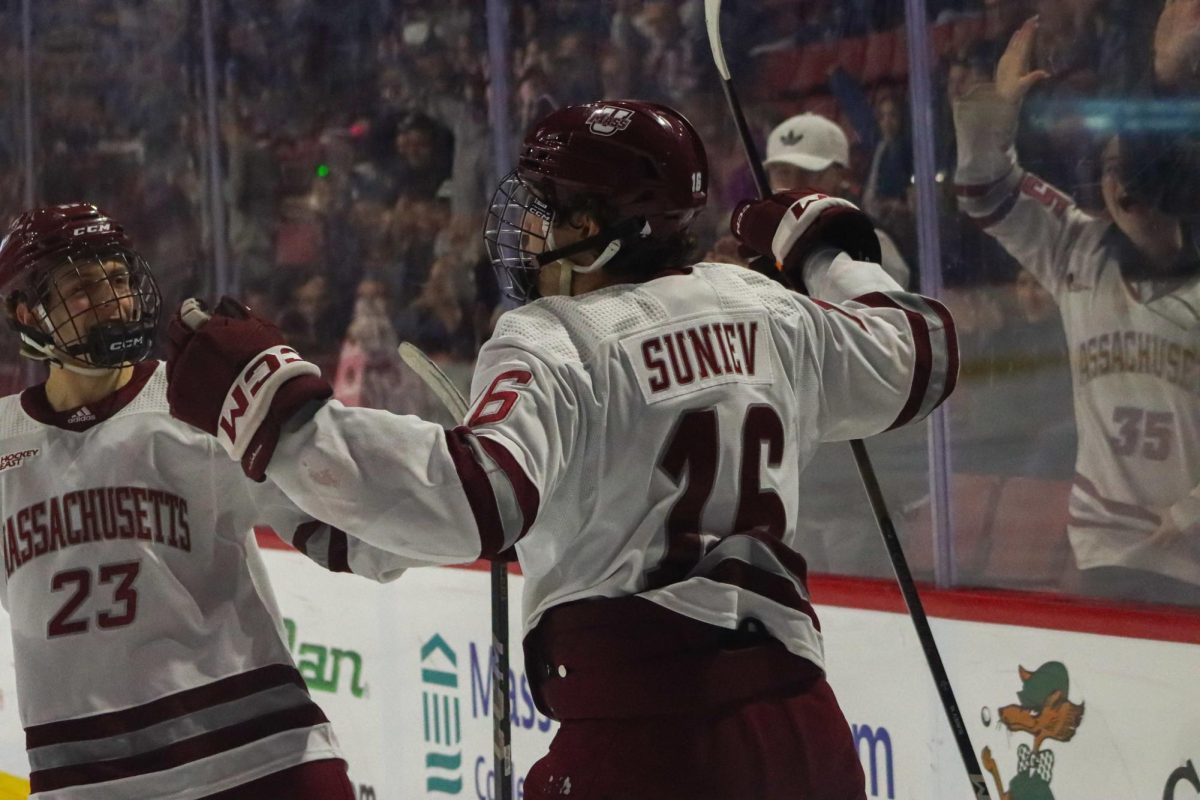
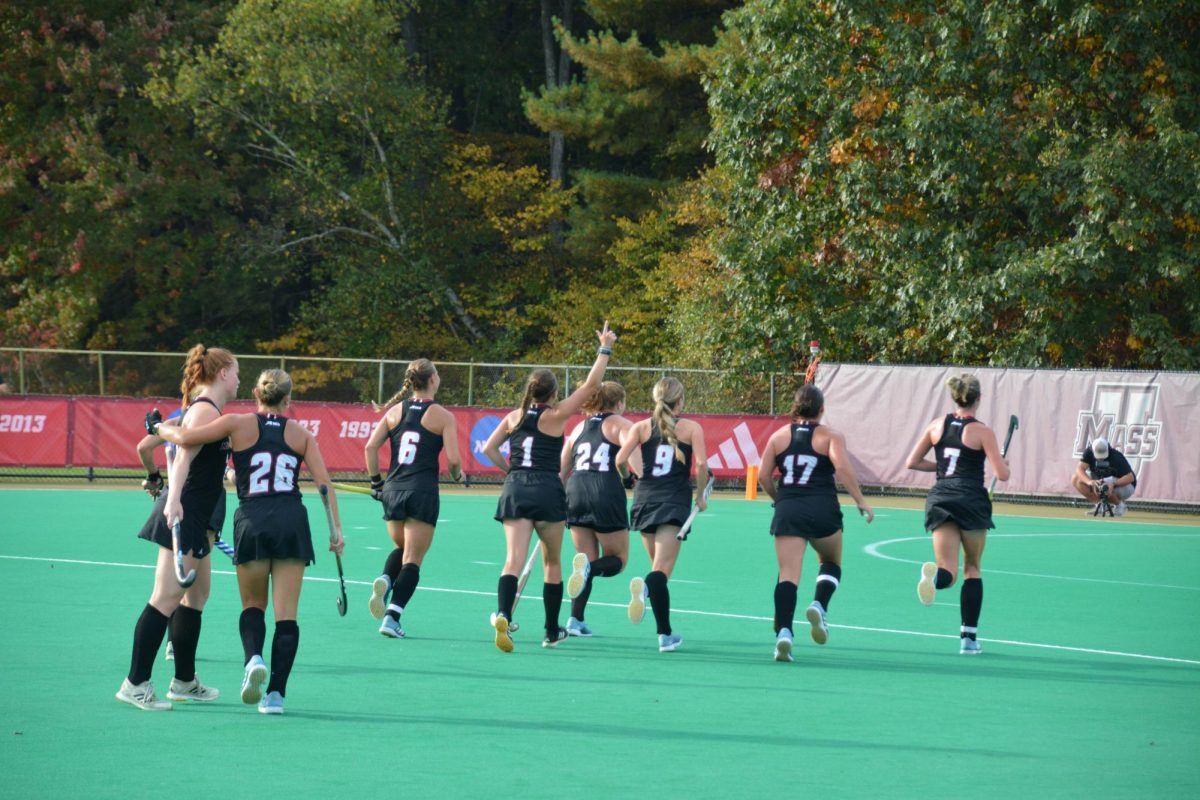
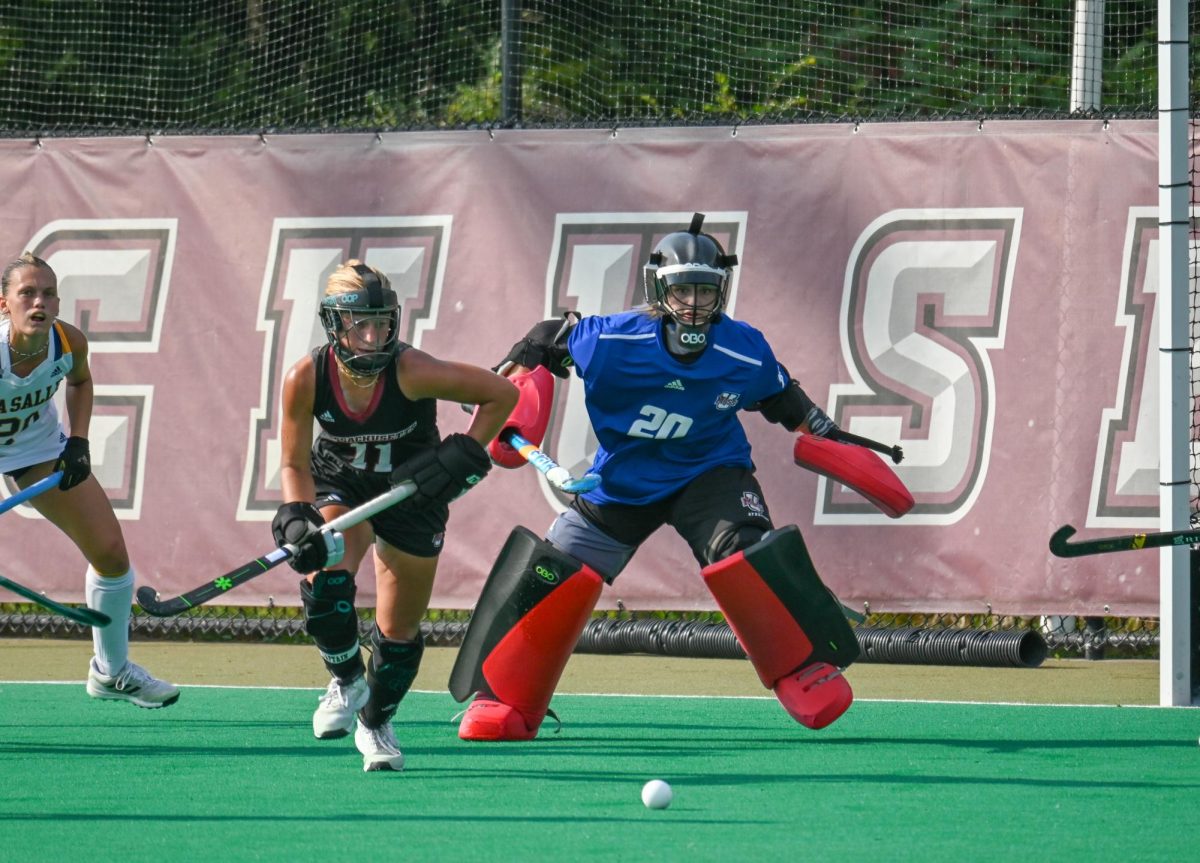
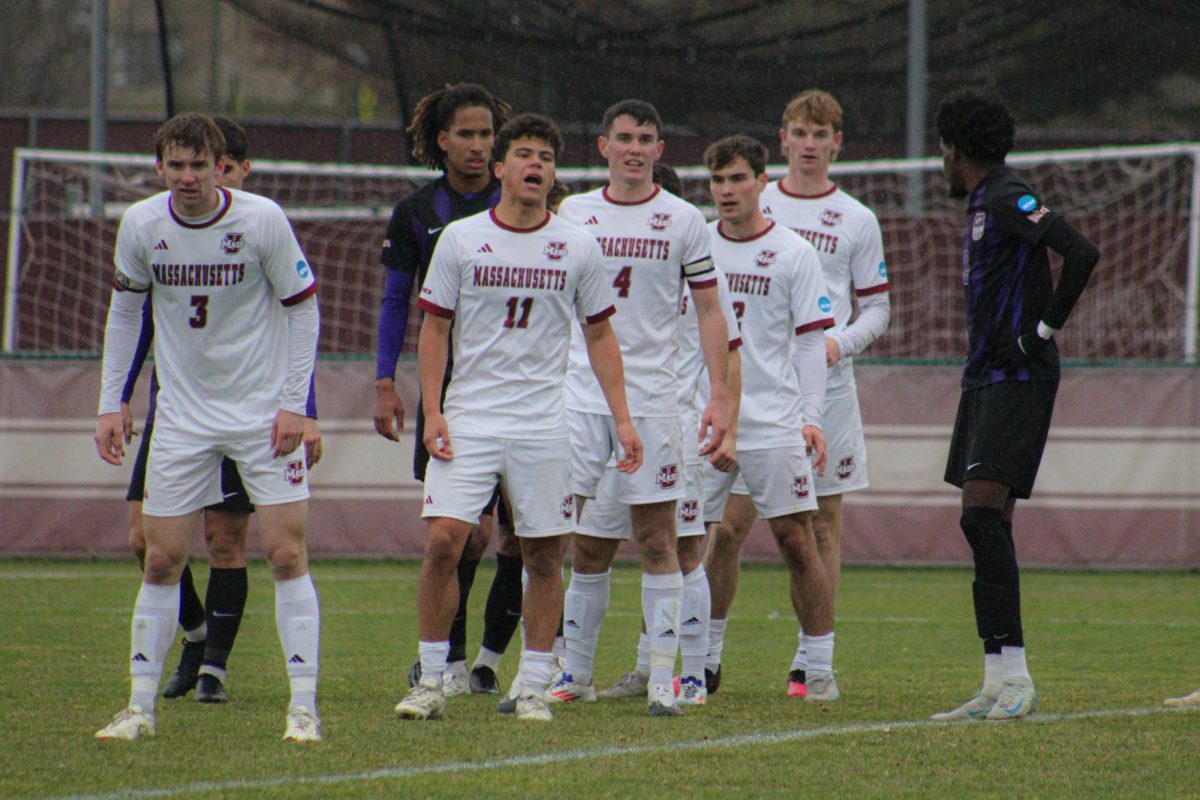
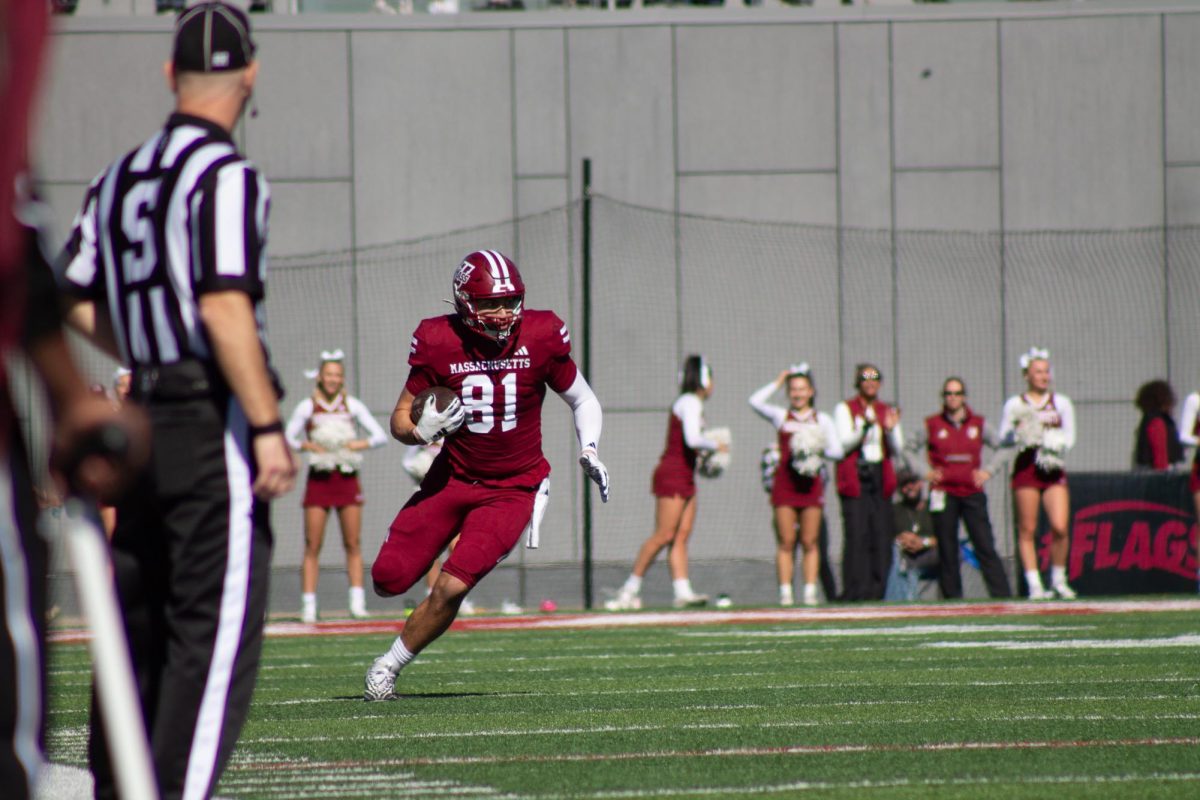
Paul Lauenstein • Mar 8, 2014 at 11:53 pm
The Bottle Bill should apply to ALL containers, both carbonated AND non-carbonated.
Supermarkets should get with the program and modernize their redemption systems like the convenient and efficient CLYNK system at Hannaford Supermarkets in Maine. See: http://www.clynk.com.
If the Massachusetts legislature fails to pass the Bottle Bill Update by May, then more signatures will be needed above and beyond the 130,000 signatures we gathered last fall to get it on the November ballot. We’ll have only 30 days to get another 20,000 signatures, so we’ll need all the help we can get.
sheila • Feb 16, 2014 at 10:50 am
Long overdue! Get it done.
Kristin • Feb 11, 2014 at 12:58 pm
This is great! Check out this tumblr to see what students across the state are doing to update the bottle bill: bottlebill2014.tumblr.com
Lucas Gutterman • Feb 11, 2014 at 10:48 am
This is awesome! Everyone should make sure to vote for the bottle bill ballot question in the next elections!